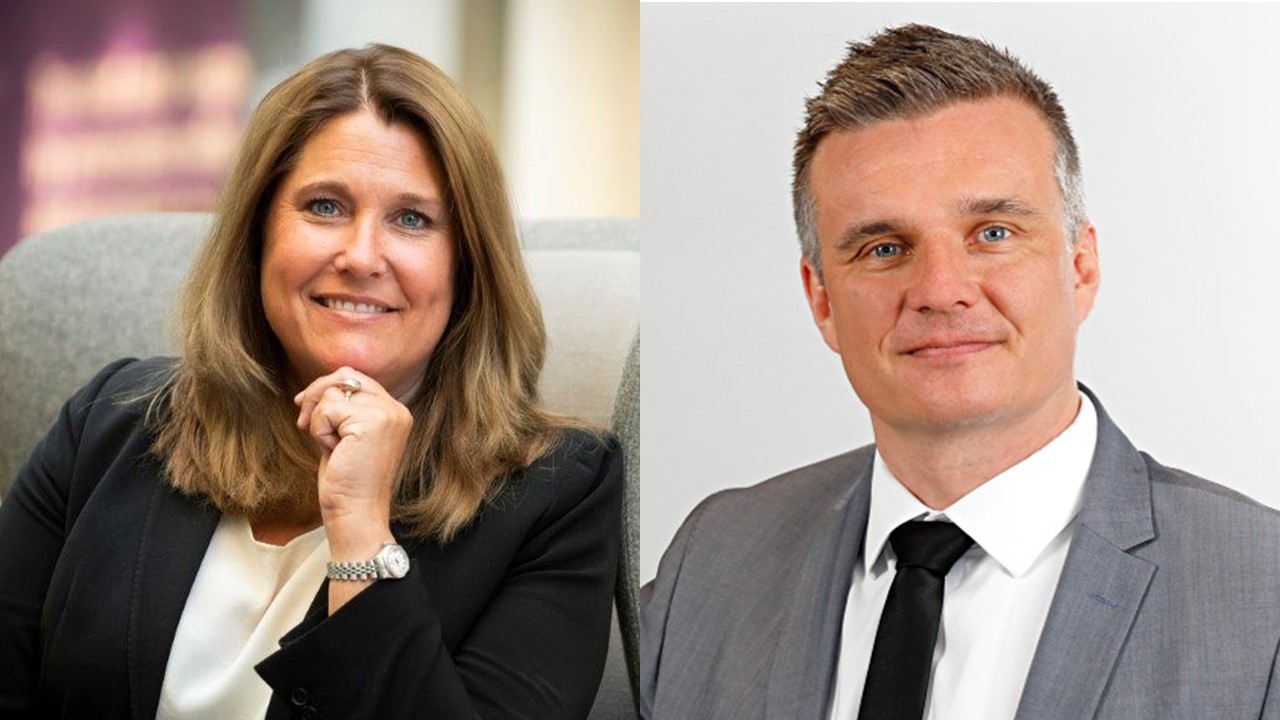A word from the Nordic MD’s: Few payment problems for the Nordics during the pandemic
Siv Hjellegjerde Martinsen, Managing Director Intrum Scandinavia, and Tommi Sova, Managing Director Intrum Finland, share their reflections of the findings from our newly launched Nordic Debt Collection Analysis 2022.

The vast majority of households and businesses in the four Nordic countries covered in this report came through the pandemic without any severe payment problems. At the start of the Covid-19 outbreak, we saw an almost immediate decline in debt collection cases, which have since remained below pre-pandemic levels.
Stronger household finances
People’s fear of infection and government restrictions to combat the virus led to recessions in each of the Nordic countries in the spring of 2020.
However, in contrast to typical recessions, we saw no notable increase in payment problems among households. In fact, payment problems decreased in many households throughout the pandemic. Incomes normally decrease faster than consumption in a recession, increasing payment problems for households as savings and credit lines become exhausted.
Due to the different measures to fight the virus across the region, we have seen a similar trend for debt collection cases in the Nordic countries, which are still at a lower level than before the pandemic. An important reason is that the majority of Nordic households have been able to save more. At the same time, many companies have received government support. In the long run, we expect the number of debt collection cases to increase to more normal levels.Siv Hjellegjerde Martinsen, Managing Director Intrum Scandinavia
During the pandemic, however, government restrictions on a range of activities involving physical contact, such as travel, dining out and large gatherings, curbed consumption opportunities. This contributed to a sharp increase in saving in the majority of Nordic households.
Two years after the Covid-19 outbreak, savings remain higher than pre-pandemic levels, improving the financial position of many households. Government support has also increased for people who were furloughed or lost their jobs due to the pandemic.
Businesses on government support
A combination of tax policies, state-backed credit and cash handouts to businesses resulted in fewer bankruptcies and payment problems for businesses in all four Nordic countries surveyed. While government measures varied between countries, our data shows that their outcomes were similar.
This applies to all industries, even if some were hit harder financially than others. Governments were unable to distinguish poorly run businesses from those struggling because of Covid restrictions. Consequently, all struggling businesses were provided additional government support throughout the pandemic, regardless of what caused their financial difficulties.
Challenges in 2022
Limited consumption opportunities and government support schemes are temporary. This implies that payment problems will gradually return to more normal levels once restrictions and government measures are withdrawn. Higher interest rates and inflation could also create payment problems.
Even if consumer spending returns to normal this year, it is more likely that high inflation and higher interest rates will be the main drivers of payment problems. However, Nordic households are still in a strong financial position and are better able to cope with higher costs while avoiding payment difficulties.Tommi Sova, Managing Director Intrum Finland
We do not yet know how a new normal will look, but there are economic challenges ahead, with inflation being the first of many. Due to these uncertainties, we recommend that our clients pay extra attention to credit risks going forward.